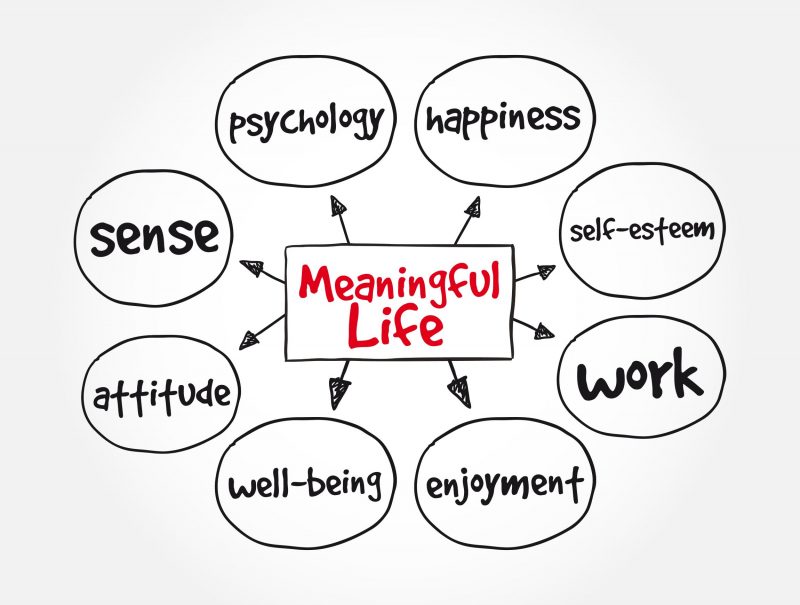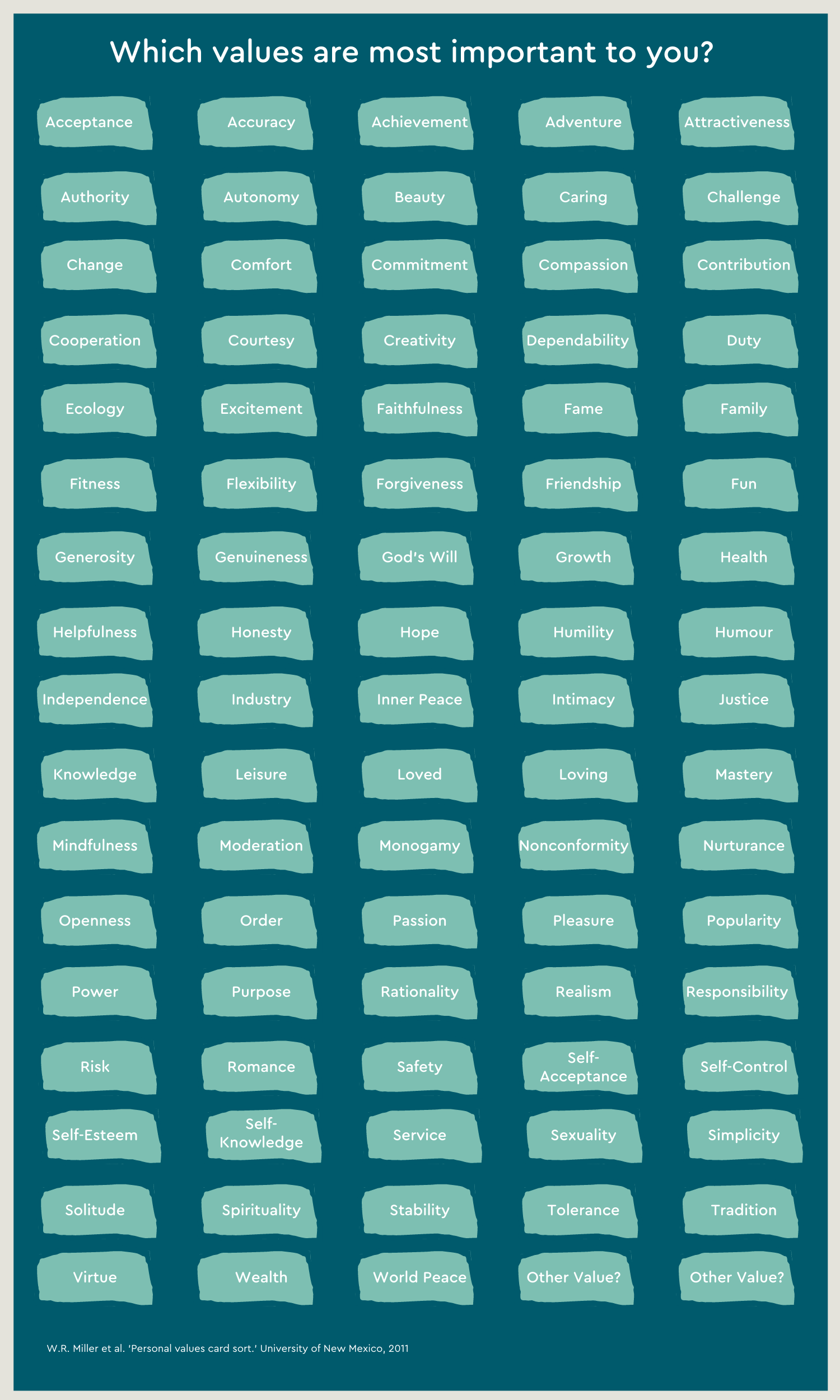
Adding value: three simple steps to greater self-awareness (and a more meaningful life)
By Carolyn Quainton in Behaviour, Emotional Intelligence, Inspiration, Values
‘Values help us define the person we want to be.’
– Dr Tasha Eurich
Values lie at the heart of how we live and work. When we understand and prioritise our values, we can create lives and careers filled with meaning and direction. But the essential first step is cultivating self-awareness.
Dr Tasha Eurich makes a compelling case for developing self-awareness in her book Insight. After years of research, she concludes:
“Self-awareness is the meta-skill of the twenty-first century.”
She explains that many of today’s most critical leadership qualities – emotional intelligence, empathy, influence, communication, and collaboration – all begin with knowing ourselves. In fact, much of the work done through emotional intelligence training and EQ in leadership development is rooted in this foundation of self-awareness.
According to Dr Eurich, the journey begins with something simple but powerful:
“Developing a core set of principles that guide how we want to live our lives.”
This means taking time to reflect on the values that truly matter. What are the beliefs that shape how you lead, relate to others, and navigate challenges?
We’ve explored the topic of values before:
- How values can shape the destiny of an organisation
- Eight energising ways of inspiring your employees to embody your values
- The power isn’t out there, it’s in you: how to rewire your brain to lead a better life
But how do you identify your values and ensure you’re living by them?
Even if you’ve never articulated them, your values are already there. They guide your decisions, influence your emotions, shape your behaviour, and drive your relationships. Tools such as psychometric profiling for employees, leadership personality profiling, or the Big Five personality traits assessment can offer further insight – but this exercise is a great place to start.
Step One: EXPLORE your values
Ask yourself these questions and jot down your thoughts:
- What values did your family or early environment emphasise? Do they still feel relevant?
- Which childhood or formative experiences had the biggest impact on how you view the world?
- Who do you most admire – in life or at work? What qualities do they embody?
- Who do you struggle to respect – and why?
- Think about the best (and worst) boss you’ve had. What made them so effective – or ineffective?
- If you were mentoring someone, what behaviours would you want to instil – and which would you caution against?
This reflective process boosts self-awareness and emotional intelligence – both essential components of personality development in the workplace.
Step Two: IDENTIFY your values
Review your notes and look for recurring themes. Then consider a broader list of values and categorise them:
- Important to me
- Not important to me
- Very important to me

Focus on those you marked as “Very important”. Can you rank them? What are your top three?
This process not only deepens your self-understanding but also enhances your leadership approach. When leaders recognise their values, they’re better equipped to manage team personality dynamics, improve communication, and lead with clarity and empathy.
Step Three: APPLY your values
Now ask yourself:
Am I living in a way that reflects these values? Do they inform my decisions – both big and small?
When we drift from our values, we often feel unsettled, dissatisfied, or disconnected. But those who align their actions with their values tend to experience more fulfilment and greater resilience – even during stressful times. This alignment is key to resilience and stress management training, and is vital for creating healthy, high-performing teams.
Understanding your values isn’t just a personal exercise – it’s a professional advantage. It improves how you lead, how you relate to others, and how you make decisions.
So, what are you waiting for? Tune into your values – and reconnect with who you really are.
Talk to us, explore our website, read our blog, and follow us on LinkedIn to learn more and discover ways to grow a more successful business.


